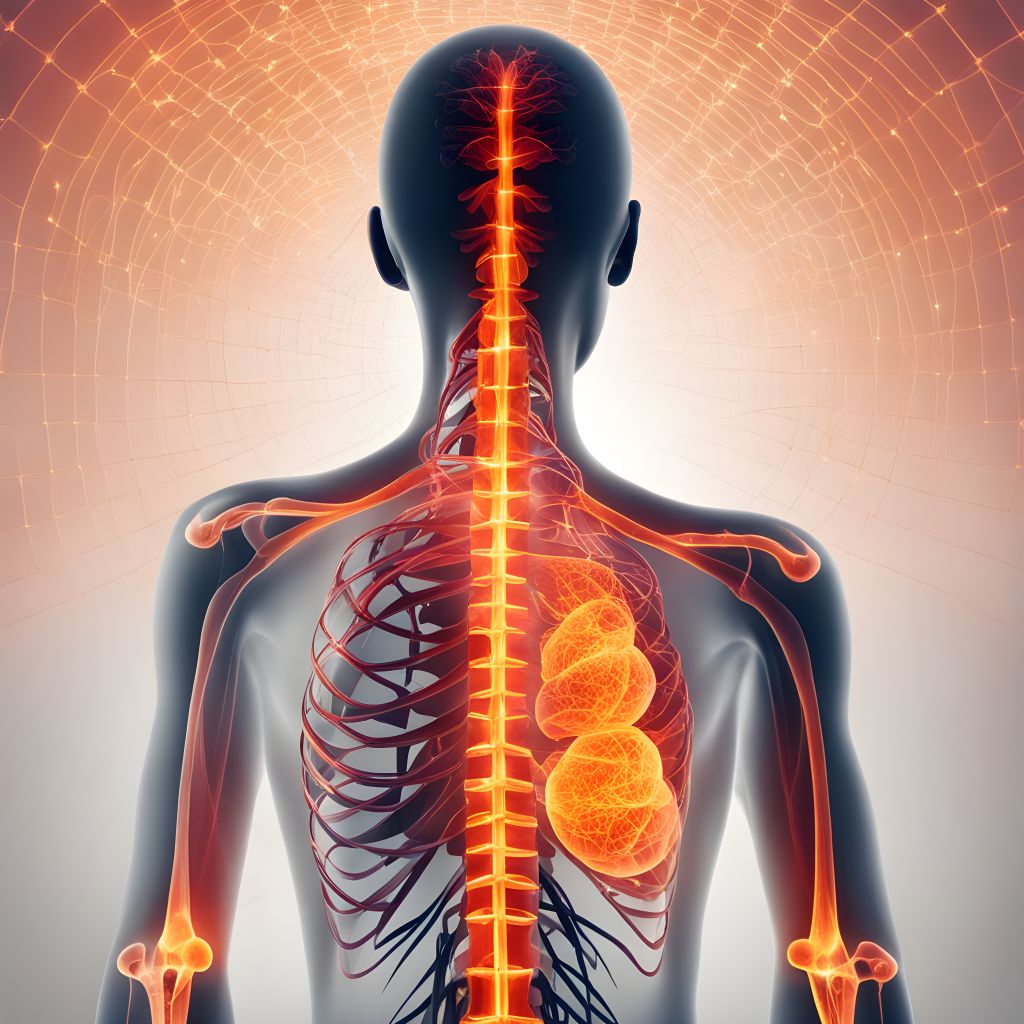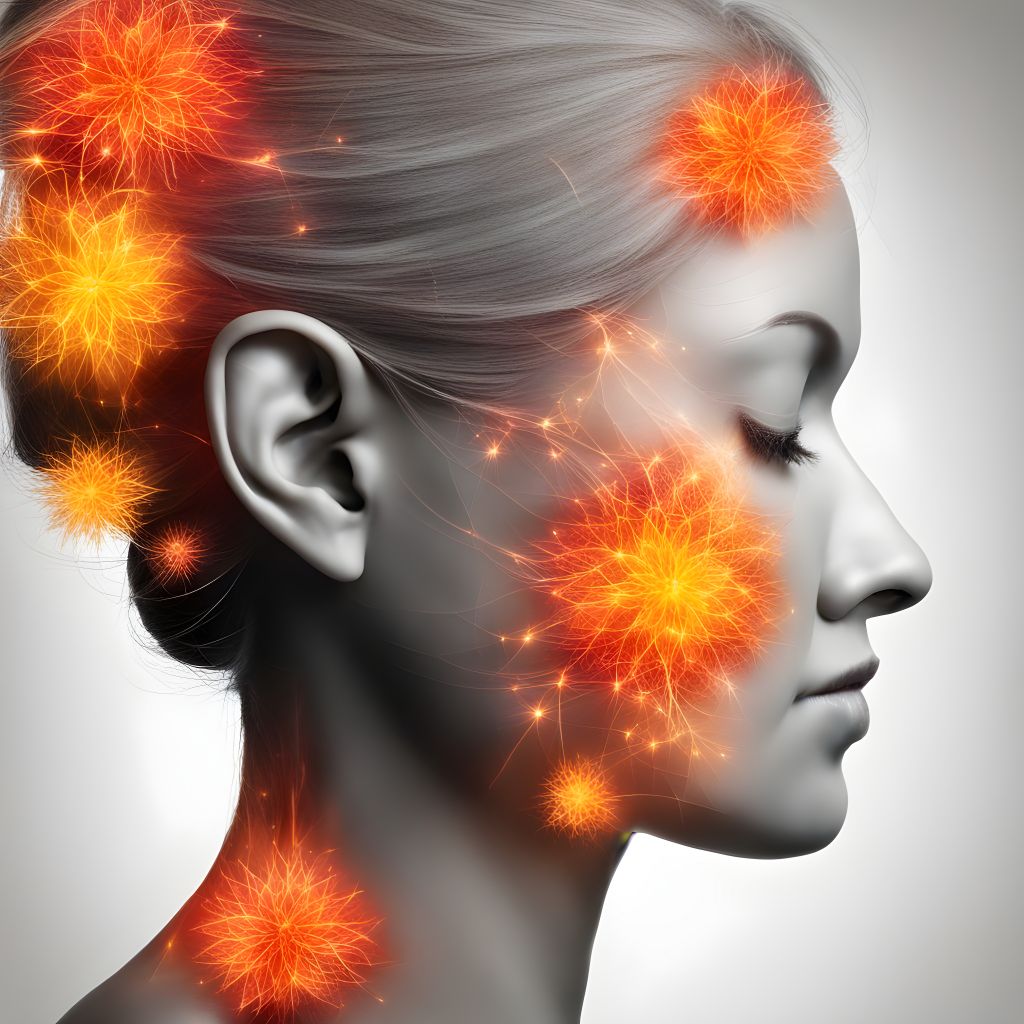Illnesses, Pharmaceuticals
Understanding Inflammation and Chronic Pain: Decoding the Biochemical Triggers of Pain Response
Chronic pain affects millions worldwide, significantly impacting daily life and overall well-being. The intimate link between inflammation and chronic pain is crucial to grasp for both patients and caregivers. This exploration sheds light on the intricate biochemical triggers that exacerbate pain response and how we can tackle them.
The Basics: What is Inflammation?
Inflammation is the body’s innate response to injury, infection, or harmful stimuli. While it’s beneficial in short bouts, helping in healing and protection, prolonged inflammation can lead to various health challenges, including chronic pain.
Chronic Inflammation: A Silent Threat
Unlike acute inflammation, which presents visible signs such as swelling and redness, chronic inflammation is often silent but more dangerous. Factors like poor dietary choices, stress, and sedentary lifestyles contribute to this sustained inflammatory response, acting as underlying culprits in several diseases, including arthritis, a leading cause of chronic pain. The Arthritis Foundation provides in-depth resources on this topic.
Biochemical Triggers and Pain Perception
The human body is a complex network of biochemical interactions. In the context of inflammation, certain proteins and chemicals play a pivotal role in the pain response. Cytokines, for instance, are proteins that modulate the inflammatory response. Elevated cytokine levels can intensify pain perception. Understanding these biochemical interactions helps in the design of more targeted treatment protocols.
Natural Anti-Inflammatory Foods for Pain Relief
As the saying goes, “Let food be thy medicine.” There’s growing interest in natural anti-inflammatory foods for pain relief. Foods rich in omega-3 fatty acids, such as fish, walnuts, and flaxseeds, have anti-inflammatory properties. Turmeric, with its active compound curcumin, has been revered for its anti-inflammatory benefits. Including these in a balanced diet can offer significant pain relief benefits.
The Role of Diet in Reducing Chronic Pain Inflammation
The role of diet in reducing chronic pain inflammation cannot be emphasized enough. Beyond the aforementioned foods, antioxidants found in berries, nuts, and dark green vegetables combat inflammation. Eliminating processed foods, sugars, and trans fats also plays a pivotal role in reducing inflammation and associated pain.
Physical Approaches to Manage Chronic Pain
Physical therapy benefits for chronic pain sufferers are manifold. Tailored exercises strengthen muscles, improve flexibility, and reduce joint and muscle pain. Techniques such as massage can release tension and improve blood circulation, further aiding in pain relief.
Holistic Approaches to Tackle Joint Pain
With a rise in the demand for holistic treatments, several non-conventional approaches, like acupuncture and yoga, have gained prominence. Yoga poses beneficial for erectile dysfunction have been discussed, but specific poses also address joint pain and flexibility, enhancing overall physical well-being.
Building Resilience and Psychological Health
Chronic pain isn’t just physical; it has profound psychological implications. Breathing exercises to alleviate anxiety symptoms can be incredibly beneficial for chronic pain sufferers, helping them handle the stress and emotional toll.
The Nexus Between Stress, Inflammation, and Pain
Stress, both physical and emotional, plays a significant role in chronic inflammation and pain. The release of stress hormones, particularly cortisol, can trigger an inflammatory response in the body. Prolonged stress means prolonged inflammation, which can exacerbate chronic pain conditions. It’s essential to recognize the connection between work stress and depression and their potential to amplify pain symptoms. Stress management techniques, such as meditation and relaxation exercises, can be particularly beneficial in mitigating the inflammatory response.
Medication and Chronic Pain: A Double-Edged Sword
While many turn to over-the-counter pain relievers and anti-inflammatory medications for relief, it’s crucial to be aware of their implications. Prolonged use of certain medications can lead to gastrointestinal issues, increased risk of heart diseases, and even a rise in blood pressure. Always consult with a healthcare professional before starting any medication regimen. For those keen on exploring alternatives, herbal supplements for chronic pain are gaining traction. They often come with fewer side effects, but it’s still vital to ensure they don’t conflict with any existing medications or conditions.
Importance of Sleep in Pain Management
Often overlooked, sleep plays a critical role in managing and even preventing chronic pain. During deep sleep, the body undergoes restorative processes that can help in healing and reducing inflammation. Conversely, sleep deprivation can increase stress hormone levels, further aggravating inflammation and pain. Ensuring a consistent sleep schedule and creating a conducive sleep environment can significantly aid in pain management.
Conclusion: The Path Forward
Inflammation and chronic pain, while deeply intertwined, can be managed with an informed, holistic approach. From understanding the biochemical triggers to integrating dietary changes, physical therapies, and stress management techniques, there’s a spectrum of strategies available. The key lies in personalization – understanding one’s body, recognizing the triggers, and adopting a tailored approach to treatment and management. As always, seeking guidance from healthcare professionals ensures a safe and effective path towards a pain-free life.
For a deeper exploration into chronic pain, inflammation, and their interconnections, the Arthritis Foundation remains an invaluable resource, offering both insights and guidance.
Wrap-Up: A Multifaceted Approach to Chronic Pain
Chronic pain, deeply interlinked with inflammation, requires a comprehensive, multifaceted treatment strategy. Understanding the underlying biochemical triggers and adopting an informed approach – encompassing diet, physical therapy, and psychological support – can make a world of difference. The journey might be challenging, but with the right knowledge and tools, a pain-free life is within reach.
For further insights and resources on inflammation, chronic pain, and the associated biochemical interactions, consider exploring the extensive resources provided by the Arthritis Foundation.

